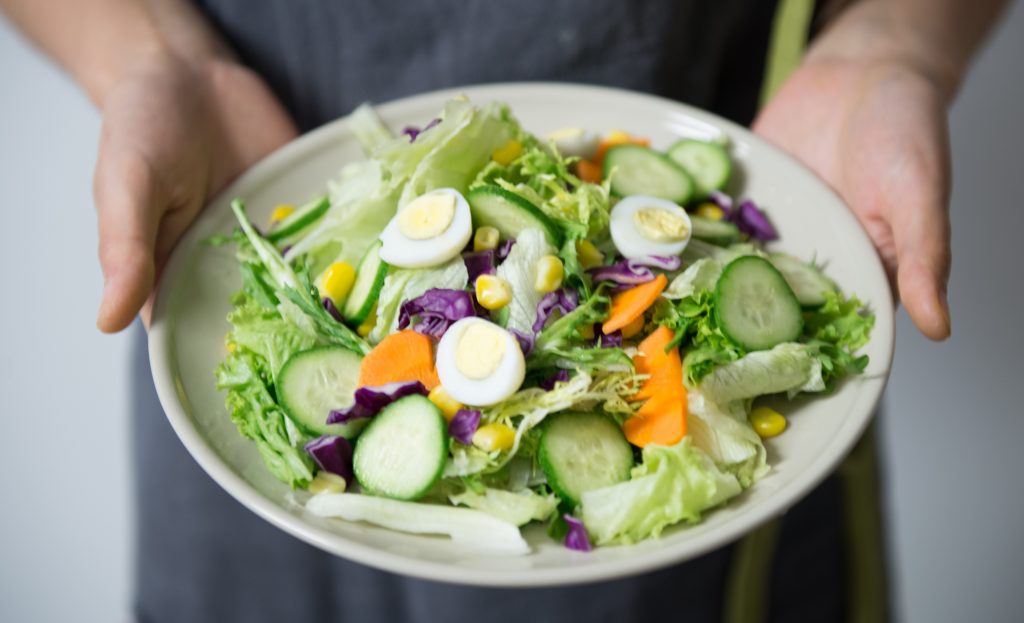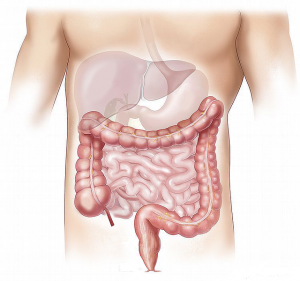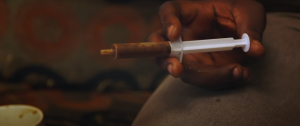In kidney failure, the kidneys have a hard time excreting waste product and so this waste accumulates in the body which can cause harm to the body. One of the ways that this harm is taken out of the body is through dialysis.
In the simplest of terms, Dialysis is a process where the blood of the person with kidney failure is filtered and the waste product is lost,
This dialysis machine basically does the job of the kidneys, because the kidneys can no longer function
One of the things that the kidneys have a hard time excreting is potassium, and so potassium piles up in your bloodstream
What is potassium and what does it do in the body?
Potassium controls your nerves and muscles and how they function.
Your heart also beats at a regular rate because the potassium levels are okay, any imbalance in this level can lead to an abnormal beating of your heart which can be dangerous for your heart
The kidneys also help to ensure that your potassium is kept a normal level
When the kidneys fail, they can no longer keep the levels at normal levels, so the person with kidney failure will have to rely on dialysis to keep the potassium levels from rising, till the next dialysis
That means that they should avoid meals or fruits that contain high levels of potassium,
They include:
(Fruits)
- Avocado
- Bananas
- Dried fruits
- Honeydew
- Kiwi
- Mangos
- Oranges & orange juice
- Pawpaw
(Vegetables)
- Dried beans and peas
- Pumpkin (Ugwu)
- Potatoes, French fries
- Spinach (cooked)
- Sweet potatoes
- Tomatoes, tomato sauce
Boiling or cooking potatoes double can reduce the potassium content in them by about 50%.
(Dairy)
- Ice cream
- Milk
- Yoghurt
(Others)
- Chocolate
- Seeds and nuts
List of foods containing low potassium include:
(But ask your doctor about the amount you can safely eat)
(Fruits)
- Apples
- Berries
- Grapes
- Lemon
- Peaches
- Pineapples
- Plums
- Watermelon
(Vegetables)
- Carrots
- Cabbage
- Cucumbers
- Eggplant
- Green beans
- Lettuce
- Onion
To substitute milk, they can also take
Nondairy creamers
Please note that you also need to consult your doctor and dietician about what you need to eat and what your body needs, a diet will be made especially for you. This article does not replace an actual consultation with your doctor. I hope you found this article helpful?







